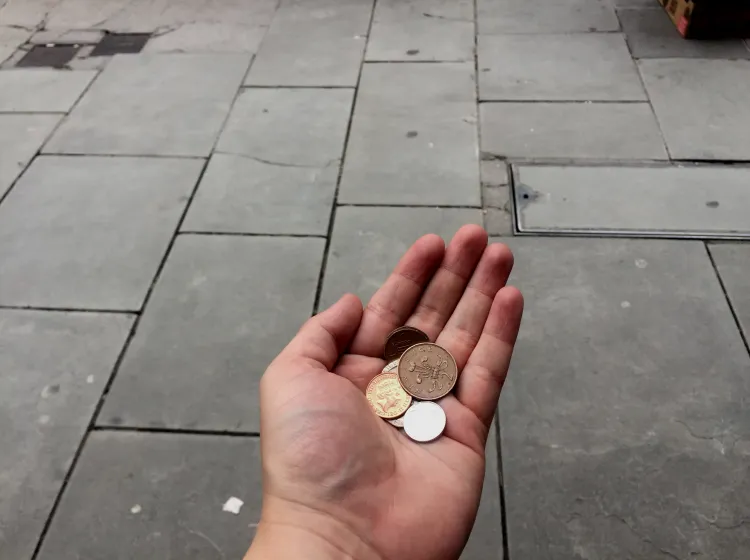
Begging and homelessness are separate issues, and it should be clear that not all those begging are homeless. People can and do move on from street homelessness, with the right support. This includes the Assertive Outreach service delivered by DHI and Julian House. Some of the people that are sleeping rough have tenancies and there is a specialist worker who works with them to remove any barriers to them returning to their accommodation. The Manvers Street direct access shelter has 20 bed spaces and the £3 nightly service charge was scrapped last year. Part of the reason for this was to help reduce begging on the streets of Bath.
However, it is a complex issue. A significant proportion of those on the streets have a learning disability, mental health problem and are clearly vulnerable. This is exacerbated by social problems including under resourcing in our prisons and the lack support and housing provision for those being released as homeless, which leads people back into homelessness and the drug/alcohol using community and begging. Whilst B&NES and DHI make every effort to transition people from point of entry to treatment and prescription drugs where appropriate as quickly as possible; when one is caught in a cycle of offending, begging, homelessness and/or substance misuse, the chaotic and often traumatic nature of their lives often causes them to return to self-medicating with illicit drugs and/or alcohol. This is particularly true when often all of their peer group are also using drugs and alcohol problematically.
Fining those who are already struggling financially and are resorting to begging to fund their substance use is further punishing and criminalising an already vulnerable group. This may in turn lead them to become even more alienated and again re-reinforce the spiral in which they are caught.
However, the current legislation backs the authorities in a corner. People start off with a series of warnings giving them the opportunity to change their behaviour. If they don’t, then the warnings and punishments get progressively worse until ultimately people get sent to prison. In the case of one well known beggar in Bath, this is still not proving to be a deterrent as despite two spells in prison she is still begging. In a way, I feel sorry for the authorities as they have to be seen to be doing something but it just doesn’t work.
Get news from Developing Health & Independence in your inbox. See our privacy policy.